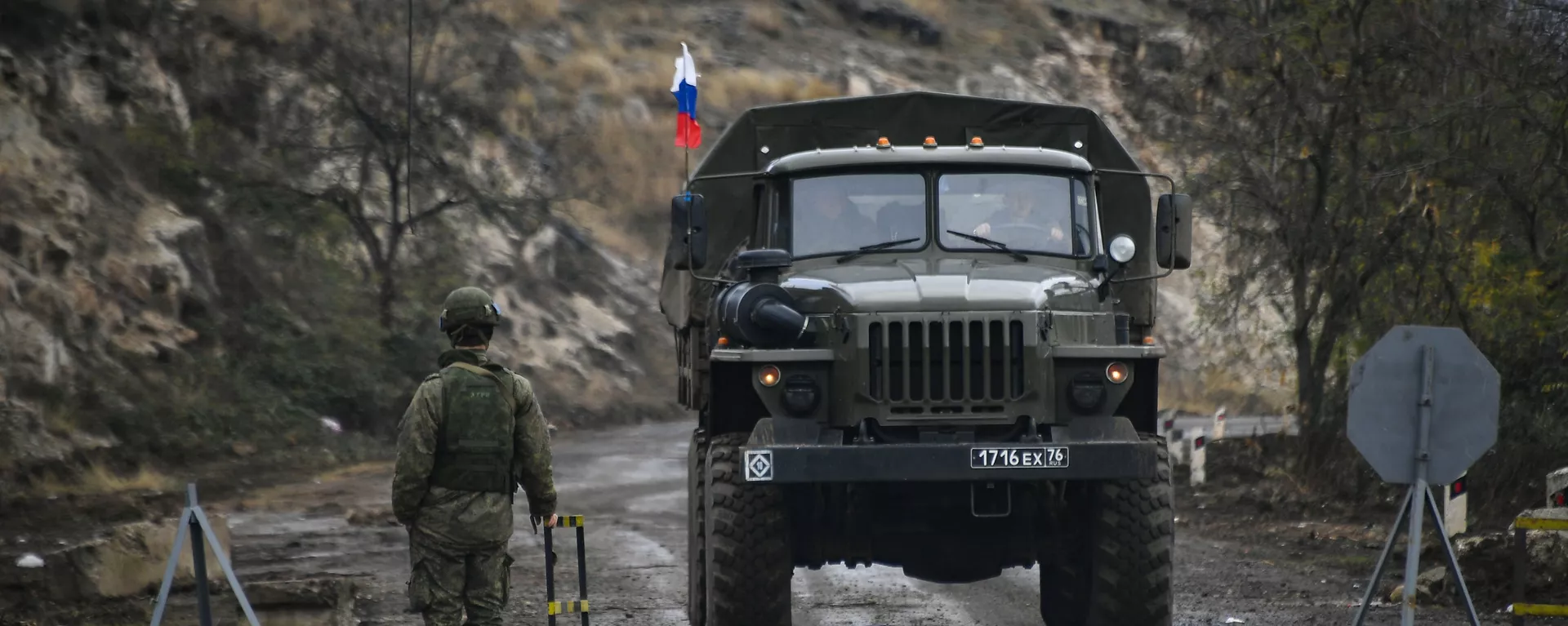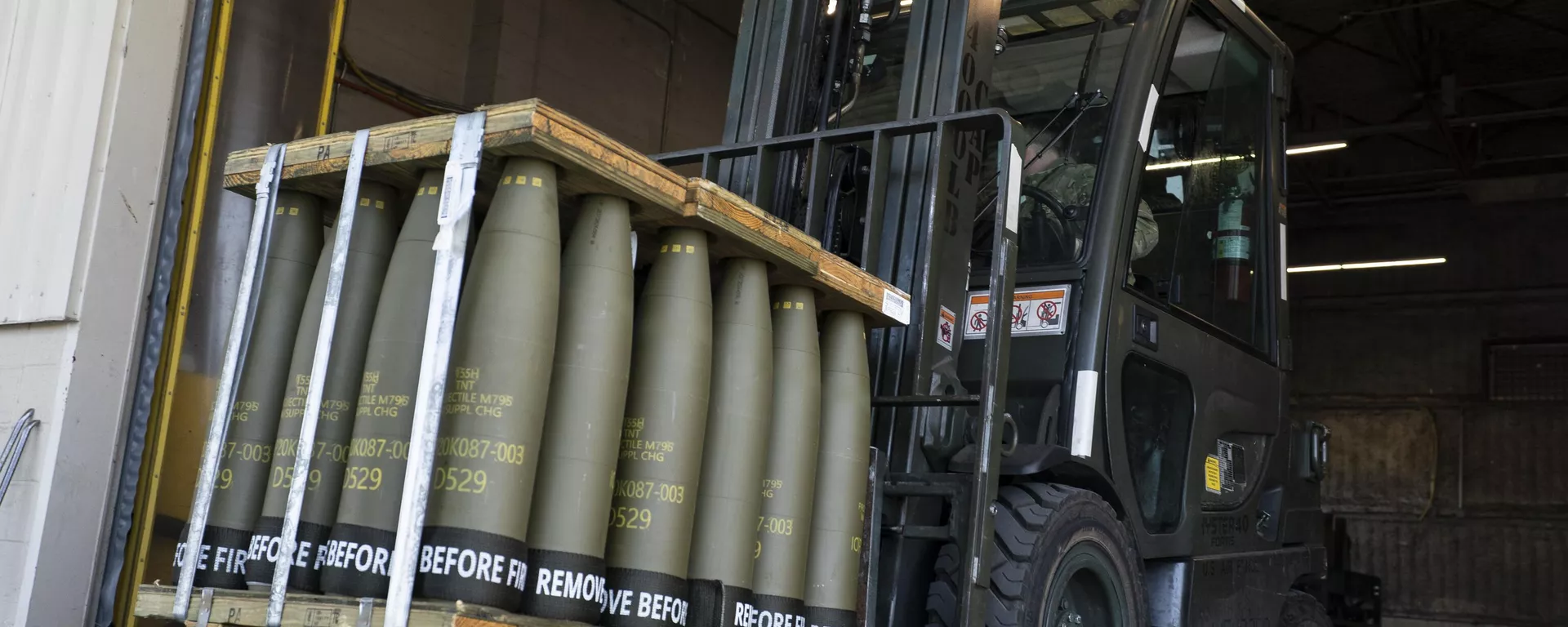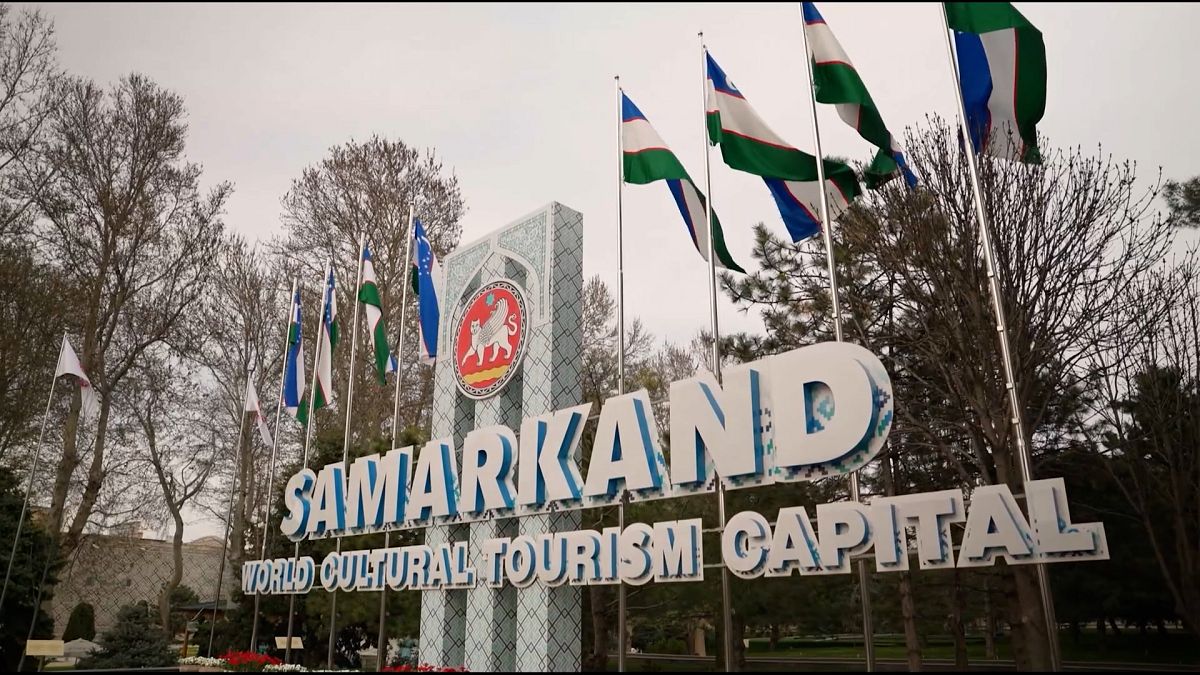Marked annually since 2016, Military Peacekeeper Day commemorates the November 25, 1973 deployment of 36 Soviet military observers in Egypt on a UN mission in the aftermath of the October 1973 Arab-Israeli War.
Peacekeeping in the ex-USSR
Modern Russia’s peacekeeping forces became an invaluable instrument in ensuring regional security immediately after 1991, when the Pandora’s Box of interethnic conflicts unleashed by the USSR’s demise set multiple regions of the former Soviet Union on fire.
In 1992, Russia sent 3,000 troops to Transnistria to stop fighting between local militias and Moldovan forces. About 400 peacekeepers remain present there today, with the peacekeeping operation the oldest and longest in Russia's modern history.
In 1992, 220 peacekeepers deployed to South Ossetia to freeze a conflict triggered by nationalist Georgian President Zviad Gamsakhurdia's "Georgia for Georgians" platform and policies.
In 1993, Russia sent 6,000 troops to Tajikistan to stop a bloody civil war between the central government and radicals supported by Islamist forces in Afghanistan. The peacekeepers helped stabilize Tajikistan, and the entire Central Asian region, halting the spread of Islamist ideas. Afghan War veteran and Spetsnaz Col. Vladimir Kvachkov's forces essentially invented the modern Russian counterinsurgency doctrine in Tajikistan.
In 1994, 1,800 Russian peacekeepers arrived in Abkhazia, another Georgian breakaway, to stop violence there.
In 2020, Russia sent 1,960 troops and 90 APCs to Nagorno-Karabakh to help keep the peace between Armenians and Azerbaijanis after a brutal month-and-a-half-long war preceded by a thirty-year-long ethnic conflict.
Peacekeeping in Yugoslavia
In March 1992, the UN tapped Russia to send peacekeepers to Yugoslavia, the multinational state which broke up in slow motion from 1991-2001 amid fighting between Serbs, Croats, Bosniaks and Kosovar Albanians.
900 Russian troops deployed to Croatia from 1992-1995 to protect civilians amid fighting between Croats and Serbs.
1,600 peacekeepers were sent to Bosnia in 1995 to safeguard a peace deal reached the same year. Russian forces remained in the country until 2003.
In 1999, 400 of peacekeepers from the contingent in Bosnia were suddenly redeployed to Kosovo after the NATO bombardment of the rump Yugoslavia, demonstrating to the Western bloc that Moscow would protect the fraternal Serbian people in the breakaway. The Kosovo contingent was later increased to 3,600 troops, and pulled out in 2003.
🧵RUSSIAN PEACEKEEPERS: PROVIDING SAFETY AND SECURITY IN A PRECARIOUS WORLD
November 25 is Military Peacekeeper Day – the holiday of Russian troops deployed abroad to arbitrate, mediate and defuse conflicts ranging from ethnic disputes to state-to-state skirmishes.
◾️ The… pic.twitter.com/RhfdHOT23C
Russia’s approach to local diplomacy helped secure multiple ceasefire and peace deals, with peacekeepers regularly risking their lives to stop fighting, provide humanitarian assistance and mediate talks. 22 Russian peacekeepers lost their lives in Croatia. 12 died in Kosovo. 15 peacekeepers were killed in a Georgian surprise attack on South Ossetia in August 2008, triggering a five-day conflict with Georgia culminating in Abkhazia and South Ossetia’s independence.
Russian Peacekeeping Ops Go Global
From the mid-1990s onward, Russia became increasingly involved in UN peacekeeping ops in Africa. This included:
Deploying a contingent of helicopter pilots taking part in a UN peacekeeping mission in Angola from 1995-1996.
Sending 114 pilots and four police in Sierra Leone during the civil war there from 2000-2005.
Deploying 22 military police sent to Liberia (2003-2018), and 40 to Burundi (2004-2006).
Committing 133 peacekeepers, plus four Mi-8 helicopters to a peacekeeping mission in Sudan from 2005-2012.
Sending 100 troops and 4 Mi-8 helicopters to Chad and the Central African Republic in 2008 to take part in a EU-led UN peacekeeping mission. Operations wrapped up in 2010.
Alongside their counterterrorism operations, Russian troops in Syria have also engaged in peacekeeping activity, deploying to prevent clashes between Syrian and Turkish-backed forces in the war-torn country's north, and intervening to stop fighting between Syrian and US-backed forces in the northeast.
In January 2022, Russian-led CSTO peacekeeping troops deployed to Kazakhstan to assist in the maintenance of law and order amid armed clashes between the government and protesters. The operation was an unqualified success, with the government restoring stability and the peacekeepers returned home in just a week's time. Over 2,000 peacekeepers from Russia, Belarus, Kyrgyzstan, Armenia and Tajikistan took part in the operation.
Russia’s peacekeeping forces consist of special troops trained at a base outside Samara, operating under the auspices of the 15th Separate Guards Motorized Rifle Brigade. The troops are equipped with light weapons, armored vehicles, an array of reconnaissance and communications equipment, and drones.
As of 2024, besides missions in the ex-USSR and Syria, 87 Russian troops and officers are involved in UN peacekeeping operations in Sudan, South Sudan, the Central African Republic, Western Sahara, The Democratic Republic of the Congo, and Cyprus.

 4 months ago
32
4 months ago
32









 We deliver critical software at unparalleled value and speed to help your business thrive
We deliver critical software at unparalleled value and speed to help your business thrive






 English (US) ·
English (US) ·